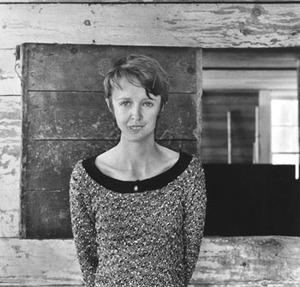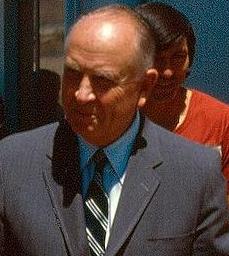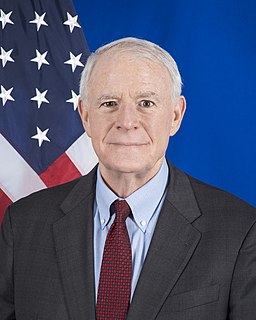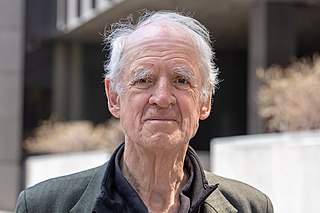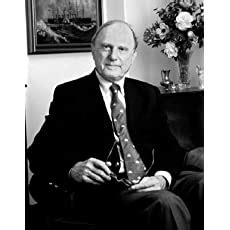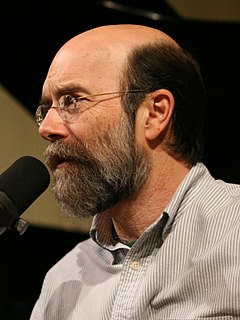A Quote by Lucy Grealy
Sometimes the briefest moments capture us, force us to take them in, and demand that we live the rest of our lives in reference to them.
Related Quotes
It's so easy in life for us to receive blessings, many of them almost uncounted, and have things happen in our lives that can help change our lives, improve our lives, and bring the Spirit into our lives. But we sometimes take them for granted. How grateful we should be for the blessings that the gospel of Jesus Christ brings into our hearts and souls. I would remind all of you that if we're ever going to show gratitude properly to our Heavenly Father, we should do it with all of our heart, might, mind, and strength-because it was He who gave us life and breath
As we live our human lives, let us be like the water. Let us be conscious of the flow. Let us not forget the great ground of being that draws us on through life. Let us live in a knowing hope, aware that all being is in transition, that all movement is back to the source. Let us treat those around us as reminders of our illusionary individuality. We know that they are us and we are them connected in ways we cannot fathom. Let us grow in compassion for all beings, for they share our journey.
Life is made up of moments, small pieces of glittering mica in a long stretch of gray cement. It would be wonderful if they came to us unsummoned, but particularly in lives as busy as the ones most of us lead now, that won’t happen. We have to teach ourselves how to make room for them, to love them, and to live, really live.
The people who help us grow toward true self offer unconditional love, neither judging us to be deficient nor trying to force us to change but accepting us exactly as we are. And yet this unconditional love does not lead us to rest on our laurels. Instead, it surrounds us with a charged force field that makes us want to grow from the inside out - a force field that is safe enough to take the risks and endure the failures that growth requires.
Most of us live our lives desperately trying to conceal the anguishing gap between our polished, aspirational, representational selves and our real, human, deeply flawed selves. Dunham lives hers in that gap, welcomes the rest of the world into it with boundless openheartedness, and writes about it with the kind of profound self-awareness and self-compassion that invite us to inhabit our own gaps and maybe even embrace them a little bit more, anguish over them a little bit less.
We define our identity always in dialogue with, sometimes in struggle against, the things our significant others want to see in us. Even after we outgrow some of these others—our parents, for instance—and they disappear from our lives, the conversation with them continues within us as long as we live.
Most people can look back over the years and identify a time and place at which their lives changed significantly. Whether by accident or design, these are the moments when, because of a readiness within us and a collaboration with events occurring around us, we are forced to seriously reappraise ourselves and the conditions under which we live and to make certain choices that will affect the rest of our lives.
My brethren, let me say, be like Christ at all times. Imitate him in "public." Most of us live in some sort of public capacity-many of us are called to work before our fellow-men every day. We are watched; our words are caught; our lives are examined-taken to pieces. The eagle-eyed, argus-eyed world observes everything we do, and sharp critics are upon us. Let us live the life of Christ in public. Let us take care that we exhibit our Master, and not ourselves-so that we can say, "It is no longer I that live, but Christ that lives in me."
Most incredible, however, are the times we know Christ is with us in the midst of our daily, routine lives. In the middle of cleaning the house or driving somewhere in the pick-up, He stops us. . . in our tracks and makes His presence known. Often it's in the middle of the most mundane task that He lets us know He is there with us. We realize, then, that there can be no "ordinary" moments for people who live their lives with Jesus.
